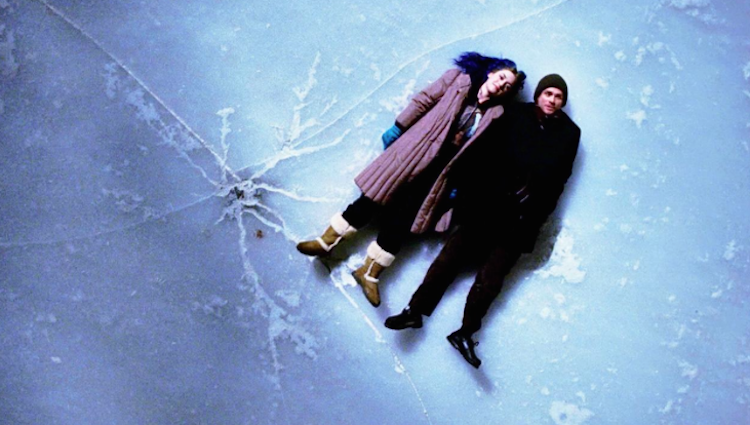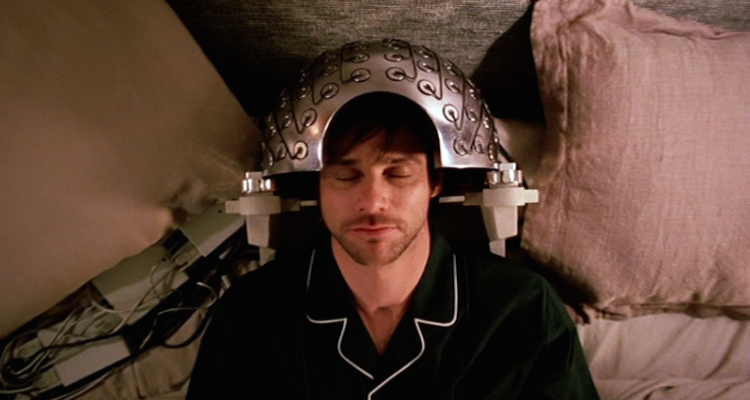Humans are fallible. We’ve all goofed up over the years in ways large and small. Who could forget, for instance, accidentally calling your teacher “Mom?” Or maybe you accidentally let slip that you know a little too much about the Gilmore Girls while pumping iron at the gym. Either way, most of us tend to know when we’ve embarrassed ourselves, and those memories tend to linger in our minds like an unwelcome guest at a party. “Hey,” they say randomly, while you’re getting dressed in the morning, “Remember that time in 1998 when you thought that woman was pregnant?” Who wouldn’t want the opportunity to make like a Goodfella and fuggedaboudit?
Insubstantial (and frequently annoying) as they are, memories also have the potential to cause real harm, too. Look at anxiety and post-traumatic stress disorder – conditions that may arise after someone has a particularly alarming or frightening experience. During traumatic events, multiple memories can form simultaneously, including incidental information like certain colours or objects. In a traumatic experience, seeing these objects again, even in an innocuous context, can trigger an anxiety attack. Is there any way that one could pull an Eternal Sunshine and simply “snip out” the offending memories? For a way to do that, look no further than those humble creatures eating your lettuce.

Brains file away long term memories, in part, by increasing the strength of connections between neurons and maintaining those connections over time. Scientists have long held that the neuron structure of the brain is a gigantic game of cellular Jenga, where removing any one memory might cause the entire assemblage to come crashing down.

We’re not quite at the stage when you can just walk into a clinic and ask to forget all the memories of your ex just yet, however. Any future drugs that control the development and implementation of protein memories will likely take decades of testing and strict regulation, not to mention the ethical minefield associated with turning our brains into a cutting room. Do our experiences make us who we are? And if so, should we be allowed to simply “cut” the experiences we don’t like anymore? As we probe further and further into the mysteries of the brain, these are all important questions that we shouldn’t forget.



